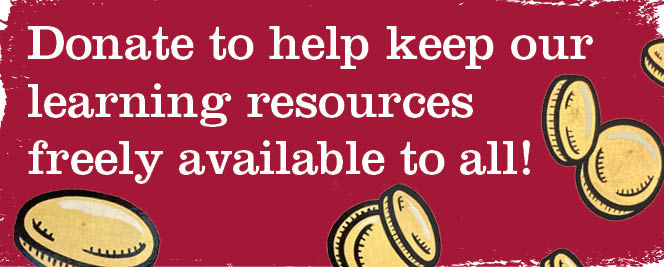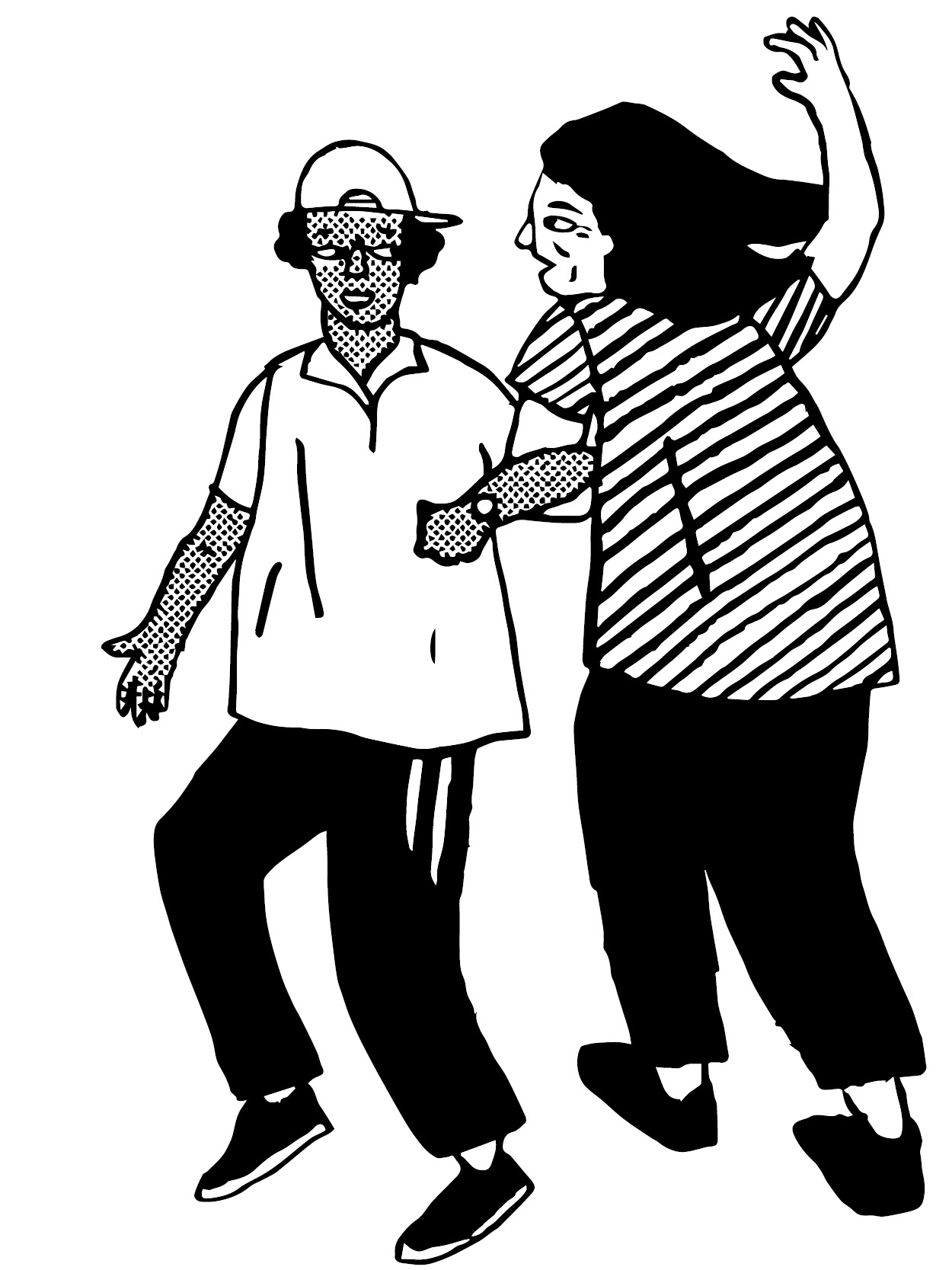Shrove Tuesday
Shrove Tuesday
Some serious eating used to take place on Shrove Tuesday because this was the last opportunity for a binge before fasting for Lent, which begins on Ash Wednesday and lasts the forty days until Easter. It is therefore no surprise that this day is also called ‘Fassens’ or ‘Fastern’s Eve’ in the north of England and Scotland and ‘Nos Ynyd’ in Wales. This was once the time for all Christians to make confessions or ‘shrifts’, hence ‘Shrove’ Tuesday.
Everything prohibited during Lent had to go, so huge feasts of meat, eggs, butter and other fats were prepared in the form of pancakes, which is how the day got its most popular title, Pancake Day. (It is interesting to note here that there are records of pancakes being eaten in England since the 14th century, yet the name Pancake Day does not appear until the 1820’s!). It has also been called Guttit Tuesday, Doughnut Day, Lentsherd (or Lansherd) Night, Dappy-door Night, Lincrook Day and Sharp Tuesday. In some places the feasting actually started on the Monday when eggs and rashers or ‘collops’ of meat would be eaten. This was - yes, you’ve guessed it - Collop Monday in the north of England and Peasen Day in Cornwall where pea soup was also the order of the day.
In Scotland, beef, brose and bannocks were a must for Fastern’s Eve, also called Brose Day or Bannock Tuesday. Beef would have been hard to come by for some, but farmers made a point of eating it because of a belief that their cattle would not thrive if they didn’t. Brose was a thick, savoury broth eaten throughout the year but special on this day owing to its divination properties. A wedding ring would be dropped into the brose and young people would thrust their spoons into the thick liquid in the hope of finding it. Whoever did was supposed to be the first to marry. Other charms may also be hidden which would represent very different predictions. A small coin would mean wealth the following year and a thimble or button meant that the finder would go unwed, at least until next Brose Day.
Bannocks were usually made of oatmeal, eggs and salt mixed with milk or broth, but sometimes more pancake-like with the addition of flour, eggs and sugar. Of the many consumed on Bannock Tuesday, the all important one was the last to be taken from the pan or griddle. This one, variously known as the sauty or dreaming bannock or dream cake, was cooked in complete silence and would also contain a ring and other charms which would foretell the finder’s future, just like the brose and (if you’ve read your Midwinter) Christmas puddings.
Needless to say, not everybody’s larder was crammed with food which would rot during Lent. In fact, Shrovetide was a very lean time of the year for many, particularly agricultural workers, and it was quite common for the poor to go begging for money, food or just pancakes or their ingredients on Pancake Day. This was called ‘Shroving’ or ‘Gooding’ and it fulfilled a much needed community function during the widespread poverty of the 17th and 18th centuries. From Edwardian times, however, this practice was largely taken over by children who could be given generous gifts of foodstuffs. It still continues in a few places, particularly in the West Country.
A shroving, a shroving,
We be come a shroving,
A piece of bread, a piece of cheese,
A bit of your fat bacon,
Doughnuts and pancakes All of your making.
Here I come, I never came before,
If you don’t give me a pancake,
I’ll break down your door.
[Dorset rhyme]
As this rhyme suggests, refusal to give to those Shroving or Lent-Crocking could mean big trouble, such as a barrage of broken crockery or stones pelted against your door. This was a kind of Shrovetide ‘trick or treat’ and referred to in parts of the West Country as Mischief Night. A more gentle and highly supervised version still exists in Gittisham, Devon.
Tip-toeing is a great period for youngsters and gets its name from the rhyme:
Tip, tip, toe
Please to give us a penny
- And away we’ll go.
Shrovetide Skipping
Skipping is another popular pursuit on Shrove Tuesday. At Scarborough, North Yorkshire, between noon (when the Pancake Bell is rung) and 5pm, nearly a mile of Foreshore Road is closed to traffic and thousands of people - young, old, locals and strangers - skip five to ten abreast over ropes stretched across it. This is quite a sight and perhaps no surprise in a coastal town such as Scarborough because it was the fishermen’s long and heavy ropes that were originally stretched across the road and turned to enable this curious custom.
At Alciston and South Heighton in Sussex, there has been a revival of skipping on Good Friday. In fact, many places along that coast used to have the same tradition.











